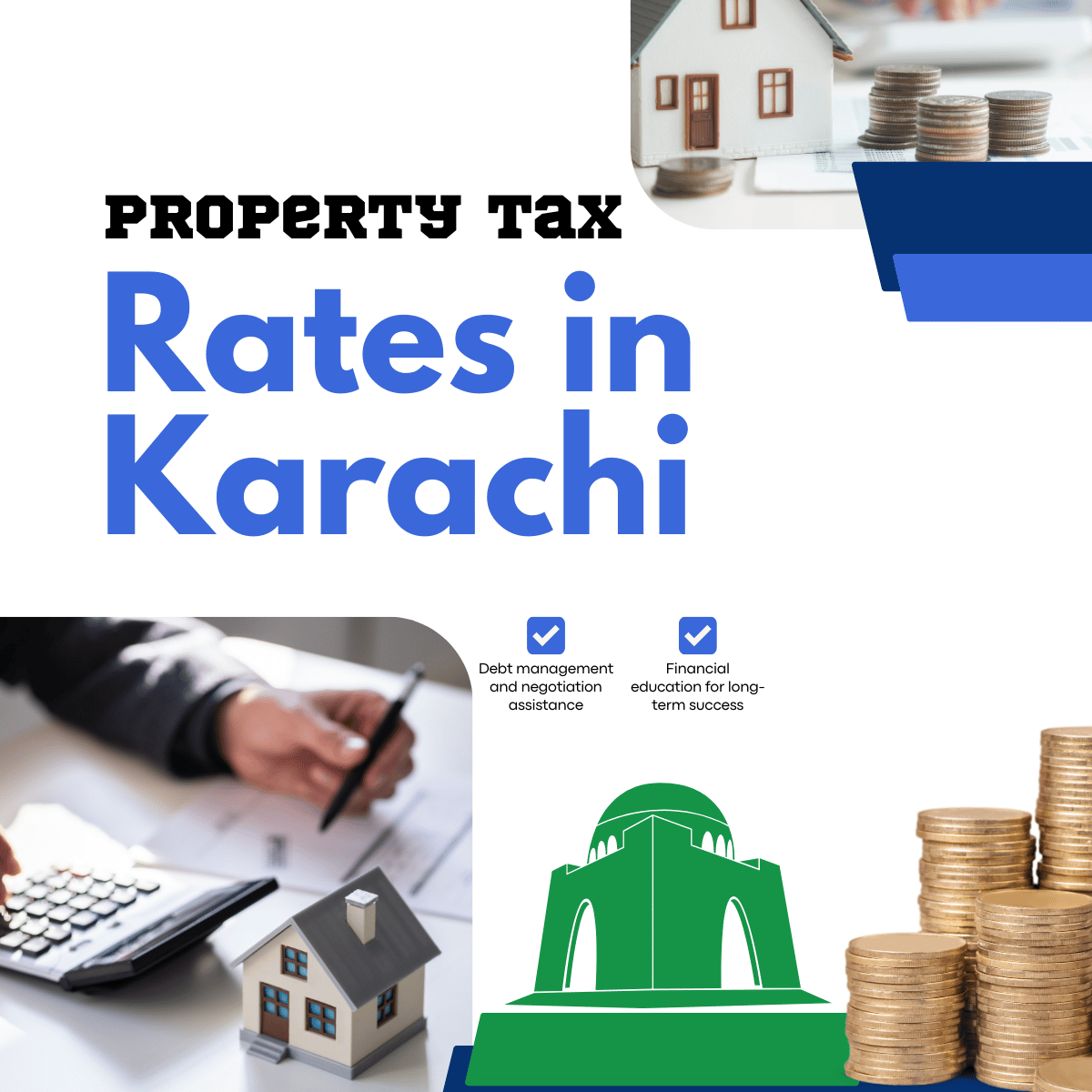
Navigating Property Taxes, Insurance, and Financing Challenges in Pakistan
Introduction:
- In Pakistan's dynamic real estate landscape, property ownership comes with its responsibilities and challenges. From navigating complex tax regulations to securing adequate insurance coverage and overcoming financing hurdles, property owners and buyers often encounter various obstacles. In this blog, we'll delve into the critical aspects of property taxes, insurance, and financing in Pakistan, offering insights and strategies to help individuals navigate these challenges effectively.
- Understanding Property Taxes:
- Property taxation in Pakistan is governed by the combination of federal, provincial, and local authorities, each imposing its own set of taxes and levies. These taxes typically include:
- Property Tax:
- By local authorities based on the value of the properties, property tax rates vary across different regions and are subject to periodic revisions.
- Capital Value Tax (CVT):
- Imposed by provincial governments on the transfer of property ownership, CVT rates are calculated based on the property's declared or assessed value.
- Stamp Duty:
- Charged on property transactions, stamp duty rates vary depending on the nature of the transaction (e.g., sale, gift, lease) and the property's value.
- Withholding Tax:
- Applicable on property transactions exceeding certain thresholds, withholding tax rates vary based on the nature of the transaction and the taxpayer's status.
- Navigating these tax obligations requires careful planning and compliance with relevant regulations. Property owners should stay informed about tax rates, deadlines, and any changes in tax laws to avoid penalties or legal complications.
Securing Adequate Insurance Coverage:
- Property insurance plays a crucial role in safeguarding against unforeseen risks and protecting the investment value of real estate assets. In Pakistan, property
- insurance typically covers:
- Fire and Allied Perils: Protects against losses or damages caused by fire, lightning, explosion, and other specified perils.
- Flood and Earthquake Insurance:
- Provides coverage for damages resulting from floods, earthquakes, and other natural disasters, which are common hazards in regions of Pakistan.
- Burglary and Theft Insurance:
- Offers financial protection against losses due to burglary, theft, or vandalism.
- Liability Insurance:
- Covers legal liabilities arising from property-related accidents or injuries to third parties.
- When purchasing property insurance in Pakistan, it's essential to assess the specific risks associated with the property's location, construction quality, and usage to ensure adequate coverage. Consult insurance professionals to understand policy terms, exclusions, and claim procedures.
Overcoming Financing Challenges:
- Securing financing for property acquisition or development can be a significant challenge for many individuals and businesses in Pakistan. Common financing hurdles include:
- Limited Access to Mortgage Financing:
- The availability of mortgage financing options is limited in Pakistan, with stringent eligibility criteria and high interest rates often deterring potential buyers.
- Informal Housing Sector:
- A significant portion of Pakistan's real estate market operates within the informal sector, making it challenging to access formal financing channels.
- Currency Devaluation and Inflation:
- Economic factors such as currency devaluation and inflation can end the purchasing power and increase the cost of borrowing.
Regulatory Constraints:
Regulatory restrictions and bureaucratic hurdles in the banking and financial sector can impede access to financing for property development projects.- To overcome these financing challenges, prospective buyers and developers can explore alternative financing options such as:
- Islamic Financing:
- Sharia-compliant financing solutions, such as Murabaha, Ijarah, and Musharakah, offer alternatives to conventional mortgage financing and may be more accessible to the population.
- Joint Ventures and Partnerships:
- Collaborating with investors or development partners can provide access to capital and resources for property development projects.
- Government Initiatives:
- Explore government-sponsored financing schemes, subsidies, or incentives promoting affordable housing and real estate development.
Conclusion:
- Navigating property taxes, insurance requirements, and financing challenges is part of property ownership and investment in Pakistan. By understanding the complexities of these aspects and seeking expert guidance when needed, individuals and businesses can mitigate risks, protect their assets, and achieve their real estate objectives effectively. Whether you're a prospective buyer, homeowner, or developer, staying informed and proactive in addressing these challenges is a success in Pakistan's dynamic real estate market.






